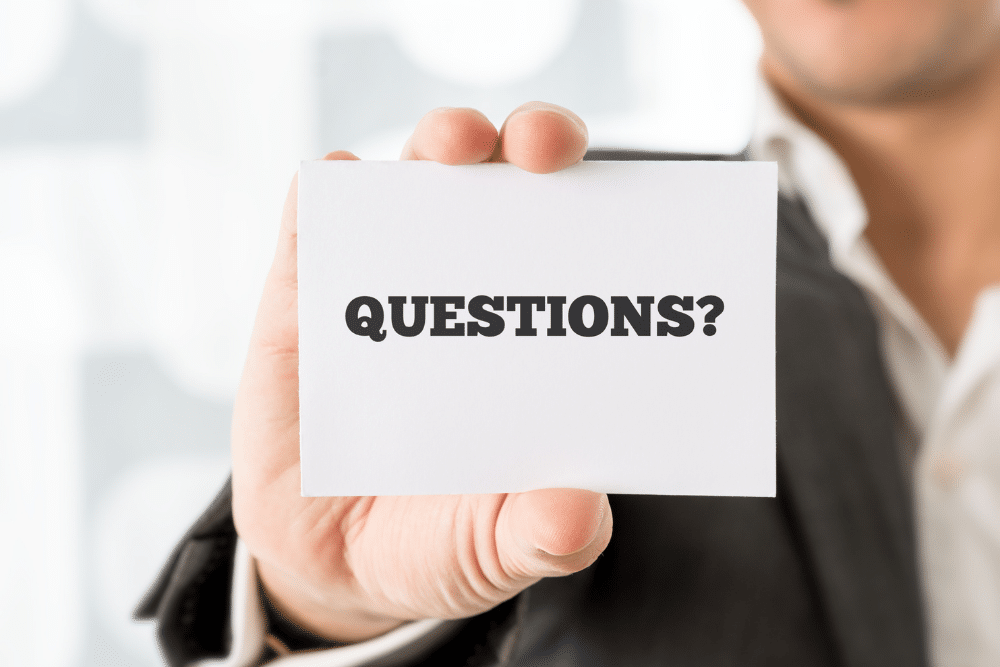
Florida Probate: Answers to Frequently Asked Questions
By: Barry E. Haimo, Esq.
March 25, 2021
Most people don’t know a whole lot about Florida probate. After all, it’s only something that comes up when someone close to you passes away.
Because of this, many aren’t sure where to start when faced with a probate issue. They don’t know the answers to basic questions, let alone how to handle more complicated matters.
To make the process a bit easier to understand and navigate, we thought that we would create this FAQ list to go over some of the most common questions we receive here at Haimo Law.
What Is Probate?
Probate is when you must go through the Florida court system after someone has died in order to close out their final affairs, pay creditors and distribute the equity in the estate to the appropriate beneficiaries.
When Do You Need Probate?
Thankfully, probate is not something everyone will encounter, and not all assets have to go through probate. For example, if the person who has died owned property or bank accounts with someone else, then the surviving co-owner automatically receives the assets without having to go through the probate process.
However, probate is needed to:
- Collect any debts owed by the person who is deceased
- Clear title to stocks and bonds, land, or large savings, bank, and loan accounts held only in the name of the deceased
- Settle any disputes between parties who feel they are entitled to the assets left behind by the deceased
- Resolve any questions about the will of the deceased
- Handle any estates of $75,000 or more for which the decedent did not create a will or trust
During the Probate Process, What Happens?
The probate process can sound complicated, but with an experienced attorney to lead you through it, it can be much easier to digest. In general, the process includes:
Appointing a Personal Representative
During probate, a personal representative handles the affairs of the deceased. Usually, this person is chosen by the decedent in their will. However, if there is no will or no one is named, then the court the right to choose someone. This duty usually falls on the spouse, child, or another close relative. However, if there is no one willing to be appointed personal representative, the court may choose an attorney, bank, or trust company.
The Proving of the Will
The next step in the probate process is the proving of the will. This is done through a written statement made by witnesses under oath. When a will is created, two witnesses must be present at the signing who can testify under oath that the deceased was of sound mind when the will was created and that they knew what they were doing. Once the will is proven, it must be delivered to the court within 10 days.
Inventory of Assets
The next step is to create an inventory of assets and submit it to the court. This duty is typically handled by the personal representative.
Notice to Creditors
Finally, a notice to creditors is published in a local newspaper. They then have three months to bring any claims for debts against the estate.
If you have more questions about probate in Florida, contact Haimo Law today.
Author:
Barry E. Haimo, Esq.
Haimo Law
Strategic Planning With Purpose®
Email: barry@haimolaw.com
YouTube: http://www.youtube.com/user/haimolawtv
YOU ARE NOT OUR CLIENT UNLESS WE EXECUTE A WRITTEN AGREEMENT TO THAT EFFECT. MOREOVER, THE INFORMATION CONTAINED HEREIN IS INTENDED FOR INFORMATIONAL PURPOSES ONLY. EACH SITUATION IS HIGHLY FACT SPECIFIC AND EXCEPTIONS OFTEN EXIST TO GENERAL RULES. DO NOT RELY ON THIS INFORMATION, AS A CONSULTATION TO UNDERSTAND THE FACTS AND THE CLIENT’S NEEDS AND GOALS IS NECESSARY. ULTIMATELY WE MUST BE RETAINED TO PROVIDE LEGAL ADVICE AND REPRESENTATION. THIS INFORMATION IS PROVIDED AS A COURTESY AND, ACCORDINGLY, DOES NOT CONSTITUTE LEGAL ADVICE.